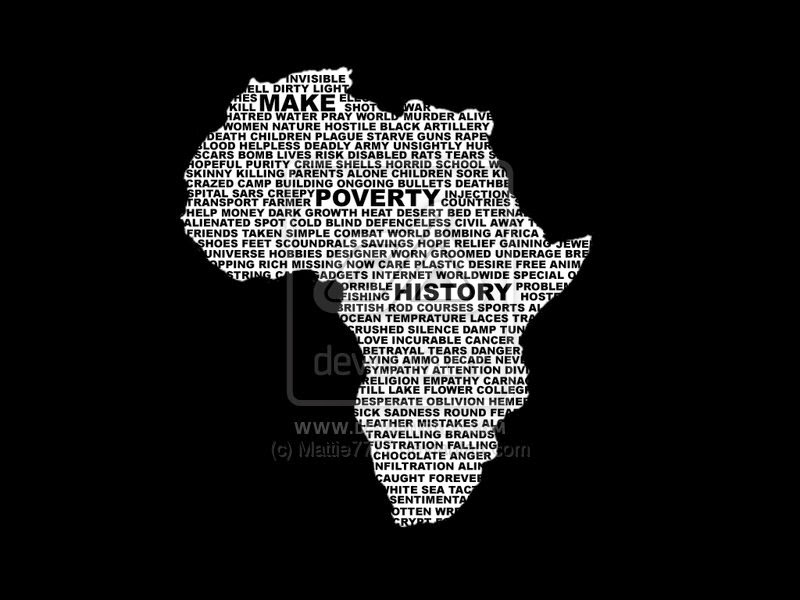Wednesday April 30, 2014
Refuting
Myths About Africa’s Poverty
Recently I watched a
TEDx post on Youtube where the speaker was presenting a talk on what he termed
as unlocking wrong myths about Africa. World re-known campaigning and community
education expert Simon Moss shared with the audience how he had done some
research over some time about the presentation he was making and was amazed at
how much Africans understand Africa plus its problems themselves and the
resulting solutions they were offering for these problems.
The talk itself was a
revelation of the fact that there is always a side of the story that is not
told to the people who need to hear that particular information most. Africans
have been made to believe that this continent and by extension them, are not
doing any better and are only getting worse by the day.
This negative kind of
information about Africa has been made very available to everyone in the world
who would be interested in knowing how bad and failing Africa is while the good
information like what Simon Moss was sharing with his audience in Warwick (in
England, not Africa) has been hoarded to be released in commercialized reports
and academic papers that are done using technical terms that the ordinary
African at the ground who needs the most encouragement about how fast Africa is
developing for example cannot access.
Among the myths about
poverty that Simon refuted are that poverty is getting worse, Africa is running
out of food to feed its own population and that volunteering from overseas was
the a good way for concerned white people to help Africa. The whole talk also
explored the wrong perceptions of outsiders about how the problems facing
Africans can be solved. Simon gives an account of one incident where he went
out with his friend to a village in Mozambique and they had to go help some
women pump water from a community water collection point.
Seeing how the ladies
they had come with were lining up for a chance at the pump and actually pumping
the water into their containers after getting to the pump, Simon's friend
offered to pump water into a twenty liter container for one of the ladies. It
was only when his friend got the chance to pump the water that he realized how
tiring it was. He ended up pumping water for twenty minutes just to fill a
twenty liter container.
The lady who came next
after him just filled the same size of container in two minutes. This is
because she had experienced the problem first hand and had over time developed
a solution to the problem. The two volunteers went back to their hotels that
evening having learned a lesson about how Africa is rich in terms of energy,
wit and will power needed to solve the problems facing its people and that
external actors should dive deep into the African environment before making
grand suggestions to solving African problems that eventually have very minute
impacts.
Being that I am very
interested in unlocking the African potential to economic, social and political
prosperity by using the internet and art, I would be interested in knowing how
African art is perceived and the wrong myth about this "unlocked" in
the same way. However, with the fast uptake of the internet in Africa and with
the expected reduction of service rates and mobile phone prices in Africa, the
unquestioned consumption of negative information about Africa is about to end
reduce significantly. This is because, currently unlike before, more and more
people are getting better education that is of a global outlook and are getting
additional relevant information resources in online platforms that are composed
of more current, more researched material.
You can watch the whole
presentation on YouTube here .




Comments
Giaonhan247 chuyên dịch vụ vận chuyển hàng đi mỹ cũng như dịch vụ ship hàng mỹ từ dịch vụ nhận mua hộ hàng mỹ từ website nổi tiếng Mỹ là mua hàng amazon về VN uy tín, giá rẻ.